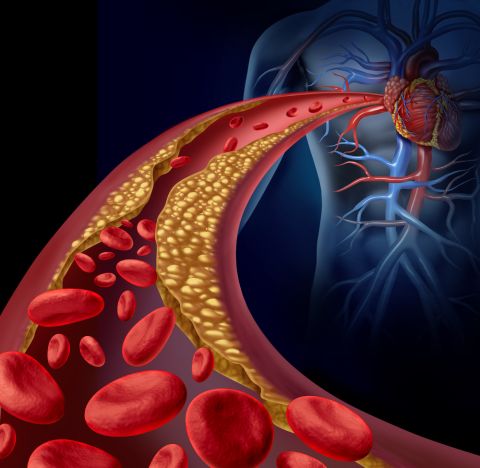ALBAWABA In the realm of morning rituals, there's perhaps none more universally cherished than that first cup of coffee. It's the elixir that kickstarts the day, the aroma that beckons us from our slumber, and the companion that accompanies our morning routine.
Yet, amidst the love affair with coffee, a controversial notion persists: "Experts say you should never have a coffee when you wake up."
But is there any truth to this widely circulated belief, or is it merely another myth in the realm of nutrition and wellness

Dr. Deborah Lee, a doctor based in the UK, highlights a fascinating aspect of our body's internal clock: cortisol, the stress hormone.
Contrary to common belief, cortisol isn't just about stress; it plays a pivotal role in regulating our metabolism, immune system response, and, crucially, our wakefulness.
Lee suggests that when we first wake up, cortisol levels are at their peak. At this moment, our bodies are naturally primed for alertness and focus.
However, this doesn't necessarily mean it's the ideal time to reach for that cup of coffee. Lee explains that introducing caffeine when cortisol levels are already high might not provide the desired boost.
In fact, it could potentially lead to long-term immunity to caffeine.
Instead, she recommends waiting at least 45 minutes after waking up before indulging in your favorite brew. By this time, cortisol levels start to decline, allowing caffeine to have a more pronounced effect.
Firstly, it's essential to understand the purported rationale behind this advice. Proponents of this viewpoint argue that consuming coffee immediately upon waking up disrupts the body's natural cortisol production.
Cortisol, often referred to as the "stress hormone," plays a crucial role in regulating the body's internal clock, known as the circadian rhythm.
According to this line of thinking, drinking coffee during the early hours when cortisol levels are naturally high could lead to tolerance buildup and decreased effectiveness of the caffeine over time.
However, while this theory may sound plausible on the surface, it lacks substantial scientific evidence to support its claims.
In reality, the relationship between cortisol levels and caffeine consumption is far more nuanced than a simple cause-and-effect scenario.
Numerous studies have investigated the impact of caffeine intake on cortisol secretion, with mixed results.
Some research suggests that caffeine consumption can indeed elevate cortisol levels, particularly in habitual coffee drinkers.
However, the extent of this effect varies widely among individuals and may be influenced by factors such as genetics, caffeine tolerance, and overall health.








